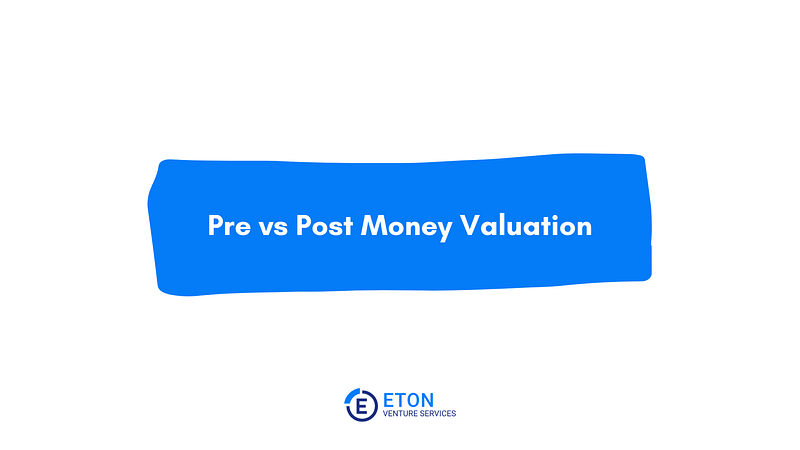Introduction to IRC Section 1202
IRC Section 1202, or the Qualified Small Business Stock (QSBS) provision, is a powerful tax benefit for investors and entrepreneurs involved in small businesses. Established by the U.S. Congress in 1993, this provision has seen various amendments over the years to incentivize investment in small businesses and promote economic growth. In this comprehensive overview, we will explore the purpose, eligibility criteria, tax benefits, and implications of Section 1202 for business owners and investors.
The Purpose of Section 1202
The primary objective of IRC Section 1202 is to encourage investments in small businesses by providing significant tax benefits to investors who acquire and hold QSBS. By offering tax advantages, Section 1202 aims to stimulate capital formation, job creation, and innovation in the small business sector.
Eligibility Criteria for QSBS
To qualify for the QSBS tax benefits, certain eligibility criteria must be met by both the issuing corporation and the shareholder. For a corporation to issue QSBS:
-
It must be a domestic C corporation.
-
Its gross assets must not exceed $50 million before and immediately after the stock issuance.
-
At least 80% of the corporation’s assets must be used in the active conduct of a qualified trade or business during substantially all of the shareholder’s holding period.
-
In addition, the shareholder must acquire the stock at original issuance and hold it for at least five years.
Tax Benefits of QSBS
The primary tax benefits of holding QSBS include:
-
Exclusion of capital gains: Shareholders can exclude up to 100% of their capital gains from the sale of QSBS, depending on when the stock was acquired. For QSBS acquired after September 27, 2010, 100% of the capital gains can be excluded, up to a maximum of $10 million or 10 times the adjusted basis of the stock, whichever is greater.
-
Rollover of capital gains: If a shareholder reinvests the proceeds from the sale of QSBS into another QSBS within 60 days, they can defer recognition of the capital gains until the newly acquired QSBS is sold.
Governing Rules and Implications for Business Owners and Investors
Several key rules govern the application of Section 1202, with important implications for business owners and investors:
-
Holding period requirement: Shareholders must hold the QSBS for at least five years to qualify for the tax benefits. However, tax planning strategies can help shorten this period without sacrificing the benefits.
-
Active business requirement: The issuing corporation must use at least 80% of its assets in the active conduct of a qualified trade or business, excluding specific industries like banking, finance, and professional services.
-
Multiple stock issuances: If a corporation issues multiple rounds of stock, each issuance may qualify for QSBS treatment if the eligibility criteria are met.
-
QSBS and other tax incentives: Business owners and investors should consider the interplay between Section 1202 and other tax incentives, such as Section 1244, Opportunity Zones, and the R&D Tax Credit.
IRC Section 1202 provides valuable tax benefits for investors and entrepreneurs involved with small businesses. By understanding the eligibility criteria, tax benefits, and governing rules, business owners and investors can strategically leverage Section 1202 to maximize their tax savings and support the growth of small businesses. However, it is essential to remain aware of the various exclusions and limitations that may apply, and to carefully plan investments and business activities to optimize the advantages of QSBS.
It is also crucial for business owners and investors to work closely with tax professionals and valuation experts to navigate the complexities of Section 1202. Proper valuation is a critical aspect of ensuring compliance with QSBS requirements and maximizing tax benefits. Engaging professional, independent, quantitative valuation services can help provide accurate and defensible valuations for small businesses, helping shareholders unlock the full potential of Section 1202.
Finally, as tax laws and regulations are subject to change, staying up-to-date with the latest developments in IRC Section 1202 is essential. By keeping informed and adapting to new rules and guidelines, business owners and investors can continue to reap the rewards of this valuable tax provision and support the growth and success of their small business ventures.
Experience the Eton Advantage
At Eton Venture Services, we’re committed to helping you unlock the full potential of IRC Section 1202 and maximize your QSBS tax benefits. Don’t leave your company’s critical QSBS valuation to chance with software-driven “form” models or inexperienced teams. Trust Eton’s team of experts to provide you with accurate, compliant, and independent valuations that protect your interests and ensure compliance while optimizing tax benefits. Join the industry leaders who have already experienced the benefits of Eton’s exceptional client service and valuation expertise. Let Eton guide you through the complexities of QSBS and help you capitalize on the tax savings opportunities it offers. Contact Eton today.








